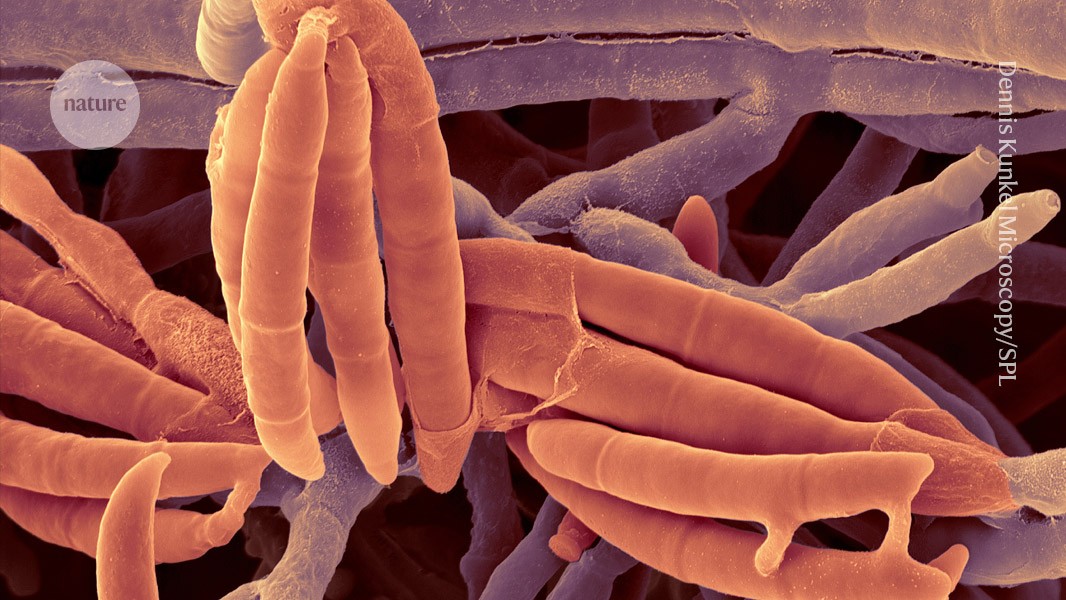
"Previous studies have shown that gut yeast - a type of fungus - can aggravate alcoholic fatty liver disease, but whether filamentous fungi such as F. foetens could affect liver conditions was unclear."
"We had little understanding of how this fungus evolved to colonize the intestines of healthy individuals,"
Research published in Science reveals that the common intestinal fungus Fusarium foetens produces a molecule that mitigates symptoms of non-alcoholic fatty liver disease (NAFLD) in mice. This discovery is significant as NAFLD affects around 30% of adults, with limited treatment options. The study highlights how F. foetens influences liver metabolism by slowing the synthesis of ceramides, harmful fatty molecules elevated in NAFLD. This suggests potential therapeutic avenues for treating metabolic dysfunction-associated steatohepatitis (MASH), a type of NAFLD with few effective medications available.
Read at Nature
Unable to calculate read time
Collection
[
|
...
]